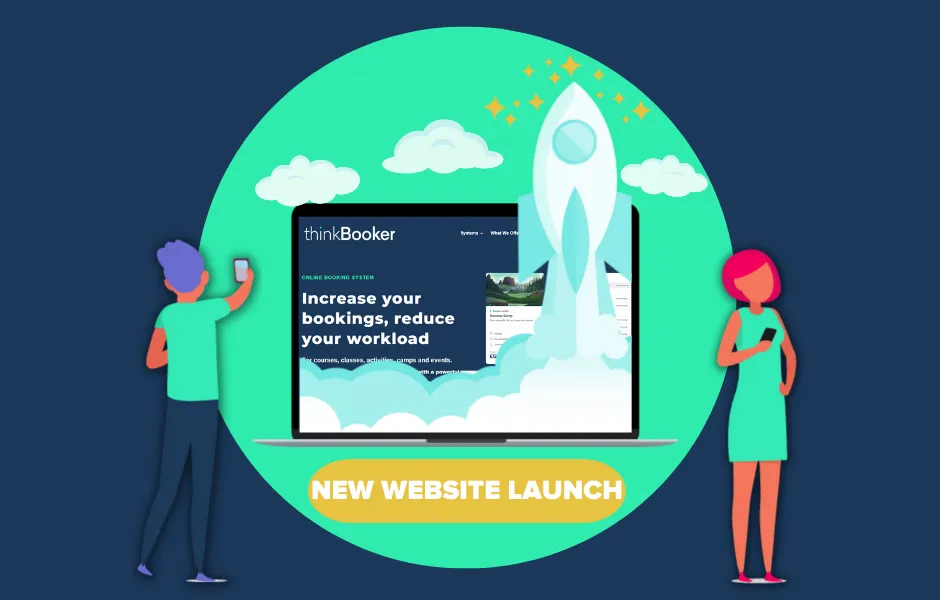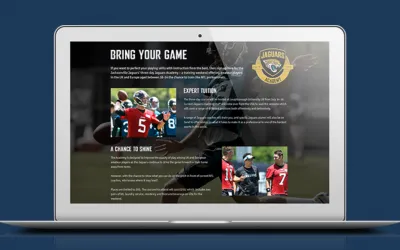For the benefit of those who may have been living in outer space, the COVID-19 pandemic hit hard and hit fast. Quarantines, lock-downs, social distancing and new rules around how we interact with other humans forced businesses into new ways of working, virtually overnight.
And, for that matter, virtually.
While companies across the world were quickly establishing new ‘work from home’ measures and we all got used to the new reality of video meetings, training providers and those involved with running courses, events or similar gatherings and activities were having to move their delivery online in a fairly wholesale fashion.
Naturally, this prompted discussion as to what impact this migration will have on course delivery in the future, as we move out of the lockdown restrictions. The biggest question of them all being: will providers ever return to face-to-face delivery, or is the online workshop here to stay?

To answer the second point first, online delivery is definitely here to stay.
In much the same way that flexible and remote working was already gaining momentum pre-COVID, an increase in online delivery was already underway among learning and development providers. LinkedIn’s Learning and Development (L&D) report at the beginning of 2020 indicated that 57% of providers already expected to increase online learning capacity.
The pandemic is merely accelerating a trend that was already gaining traction.
But, does this spell the end of face-to-face training?
Without question, having a robust online learning capacity is another string to the training provider’s bow, but to call the death knell on more traditional delivery methods is somewhat premature.
A Hankering for ‘Real’ Interaction
It’s quite likely that there’s going to be a demand for face-to-face, instructor led training.
We’ve had a prolonged period of enforced distancing and as restrictions are removed and some form of social normality resumes it’s easy to conceive of a scenario where both businesses and individuals will be looking to re-engage with people without the barrier of a laptop screen.
Of course, there are advantages over speed of delivery, cost and efficiency when it comes to online learning that can benefit both learner and training provider, but we also need to recognise the benefits that ‘in-person’ learning can bring.
Interacting in a live environment still has the power to spark ideas and heighten engagement in a learning situation. It can also help the quality of the learning, in certain circumstances, helping instructors to ‘read the room’ and ensure the content stays relevant.
From a business perspective, training courses, events and workshops help to build rapport, foster new relationships and provide valuable networking opportunities that can benefit both internally and externally.
Lots of courses are better when face-to-face, or even mandatory
Yes, there’s a huge amount of training that can be taken online, no question. But in plenty of other instances, the real-life setting is still required.
Practical training courses, for instance, require hands-on learning. You can learn the theory of stripping and polishing a wooden floor online, but to really learn how to do it, you have to do it.
In certain fields, face-to-face delivery is, quite simply, something that cannot be done without. We see this with certain training within mental health, for example, as well as health and safety, first aid and essential skills training.
There is also an argument that many professional and commercial skills training will still benefit from the interaction of a face-to-face environment.
The Blended Future
It’s hard to conceive a situation where face-to-face learning disappears altogether. That said, the rise of online capabilities and the impact of COVID will certainly have catapulted the training sector into a brave and changed new world based around blended learning.
It was already happening pre-COVID, with modular courses split between online and in-person as required – football coaching qualifications, for example, have blended online modules with practical sessions for a number of years.
It’s the model that will undoubtedly become the standard in the months and years ahead. Training providers are going to have to have the tools, skillsets and technology in place to serve their customers across these virtual and physical channels.
Want to find out how thinkBooker can help your training business with efficient and profitable management of bookings, registrations, candidates and courses? Get in touch, tell us about your business and arrange a demo.
At thinkBooker, we specialise in online booking systems for training courses, classes, activities and events – optimised for efficiency, growth and ongoing client satisfaction.
Browse the site to learn more about course booking systems, sports booking systems, event booking systems and more, or get in touch directly to find out how we can help you.



